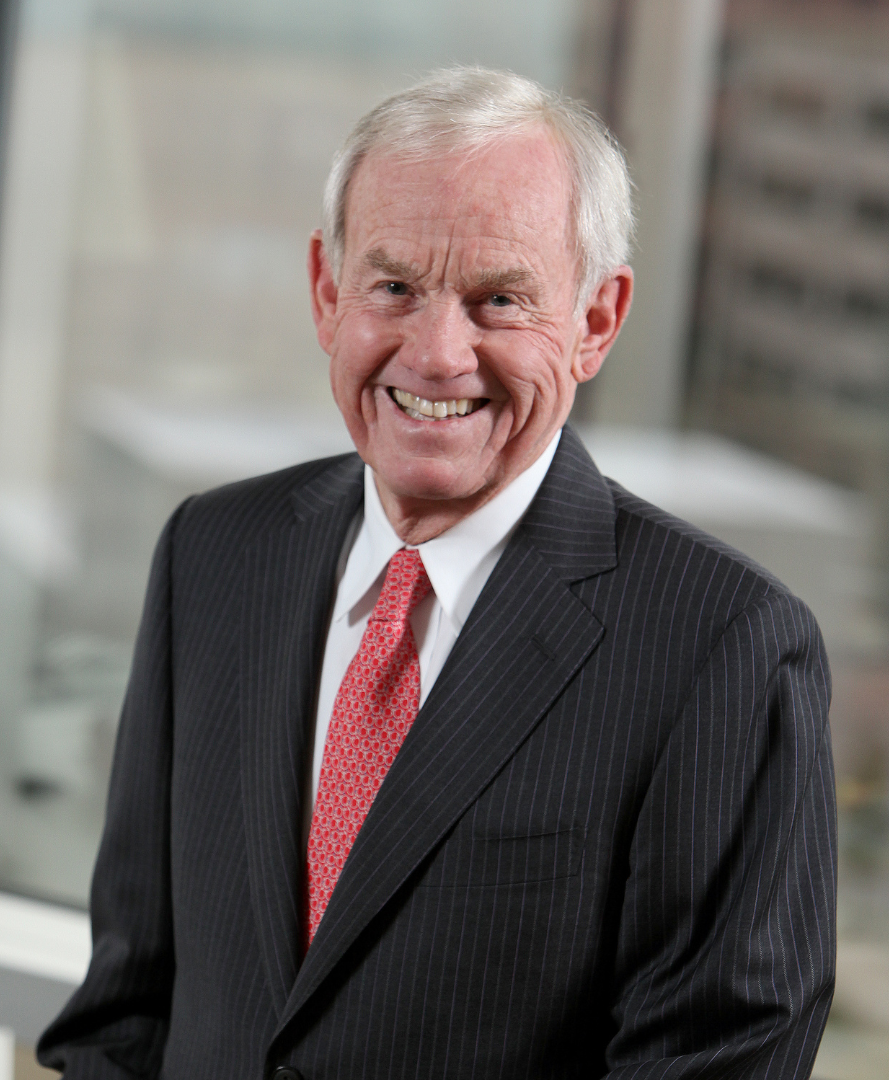Midterm results may whet nation’s appetite for change
Articles
Sidebar
View more from News & Articles or Primerus Weekly
In political terms, “the gales of November came early” last week, to borrow a lyric from Canadian singer-songwriter Gordon Lightfoot.
Lightfoot coined the phrase in his 1976 hit song, “The Wreck of the Edmund Fitzgerald,” which memorialized in haunting detail the sinking of the giant Great Lakes freighter November 10, 1975 during a fierce storm on Lake Superior, claiming the lives of all 29 aboard.
While thankfully there was no reported loss of life from the November 8 midterm elections, more than a few political observers are trying to draw some maritime parallels to a predicted “red wave” that wasn’t and the resulting uncertainty swirling around the future direction of the Republican Party.
The GOP, which periodically has preferred to be known as the “Party of (Abraham) Lincoln,” is by most accounts in the midst of an identity crisis, a situation exacerbated by an underwhelming showing in the midterm races at the state and federal levels.
Not surprisingly, the recriminations for failing to take control of the U.S. Senate and for narrowly flipping the House of Representatives began almost as soon as votes were counted. Predictably, a former president led the charge in the finger-pointing exercise, directing blame at virtually everyone but himself.
His propensity for pulling such antics has long grown tiresome and likely contributed to the generally dismal showing that his hand-picked candidates displayed in the November 8 races. Of course, that did nothing to dissuade him from announcing a week later on November 15 that he plans to mount yet another presidential bid, ensuring that the nation will continue to experience a political nightmare that seemingly has no end.

He gave us a preview of coming attractions in his campaign announcement speech at Mar-a-Lago, while replaying some of his favorite old tunes – a “stolen” 2020 presidential election, the “invasion” at the southern border, Hillary Clinton’s e-mails, and various other dog whistles uttered to rile his base.
In the meantime, he was more than willing to play fast and loose with the truth, claiming that “together we built the greatest economy in the history of the world,” while also “decimating” the ISIS caliphate largely by himself in the matter of “three weeks.” If elected, he also pledged to put a man on Mars and to cure cancer, while evidently leaving the goals of ending poverty and world hunger for yet another day.
Fortunately, in some conservative quarters there appears to be no interest in watching Act III of a twice impeached former president who is the personification of the parable the “emperor has no clothes,” as several of his staunch political allies in years past (Fox News, The New York Post, and The Wall Street Journal) are looking for new Republican leadership to return the “Grand Old Party” to its traditional mainstream roots.
Such a development would be a welcome sign for the nation, which largely viewed the November 8 election as a referendum on the future of democracy, dismissing the extremist views of those who trumpet conspiracy theories and deal in imaginary demons. Instead, the majority of voters preferred candidates who believed in election integrity and the need to preserve our democracy from unwarranted attacks by a fringe minority seeking to disrupt our time-tested system of governance.
The recent election results served as a reminder of why I continue to have such faith in the American experiment in self-government and how our democratic system is designed to withstand the forces of unchecked power.
I experienced that firsthand during my many years as a trial lawyer, when I tried more than 200 cases to jury verdict. In each instance, I came away impressed with our adherence to the fundamental right of claimants to have their day in court, affording them the opportunity to be heard by a jury of their peers in the pursuit of a fair and just verdict. Jurors, I discovered, can sense and smell B.S. from miles away, quickly unmasking those trying to sell them a bag of damaged goods.
In many respects, a similar reckoning took place on November 8 when voters from all walks of life – of different ages, backgrounds, and ethnicities – cast their ballots in a collective exercise that is a fundamental right of our constitutional order. The higher-than-expected election turnout validated the importance of protecting voting rights and may go a long way in reshaping the political narrative.
Changing the political model is one of the goals of the Primerus Foundation, which is taking a two-pronged approach in developing a shared vision for the future of our world.
Of primary importance, the Foundation is committed to attracting high quality candidates on a nonpartisan basis, offering them campaign and professional development support in their quests for public office.
Relatedly, the Primerus Foundation plans to create a political think-tank comprised of some of the finest unbiased minds in the world, women and men possessing the intellectual wherewithal and an open-minded willingness to offer possible solutions to our most pressing societal problems.
Combined, our two tasks represent a tall order, but as one we stand poised to help make both happen in the years ahead.
Best regards,
Jack Buchanan, President